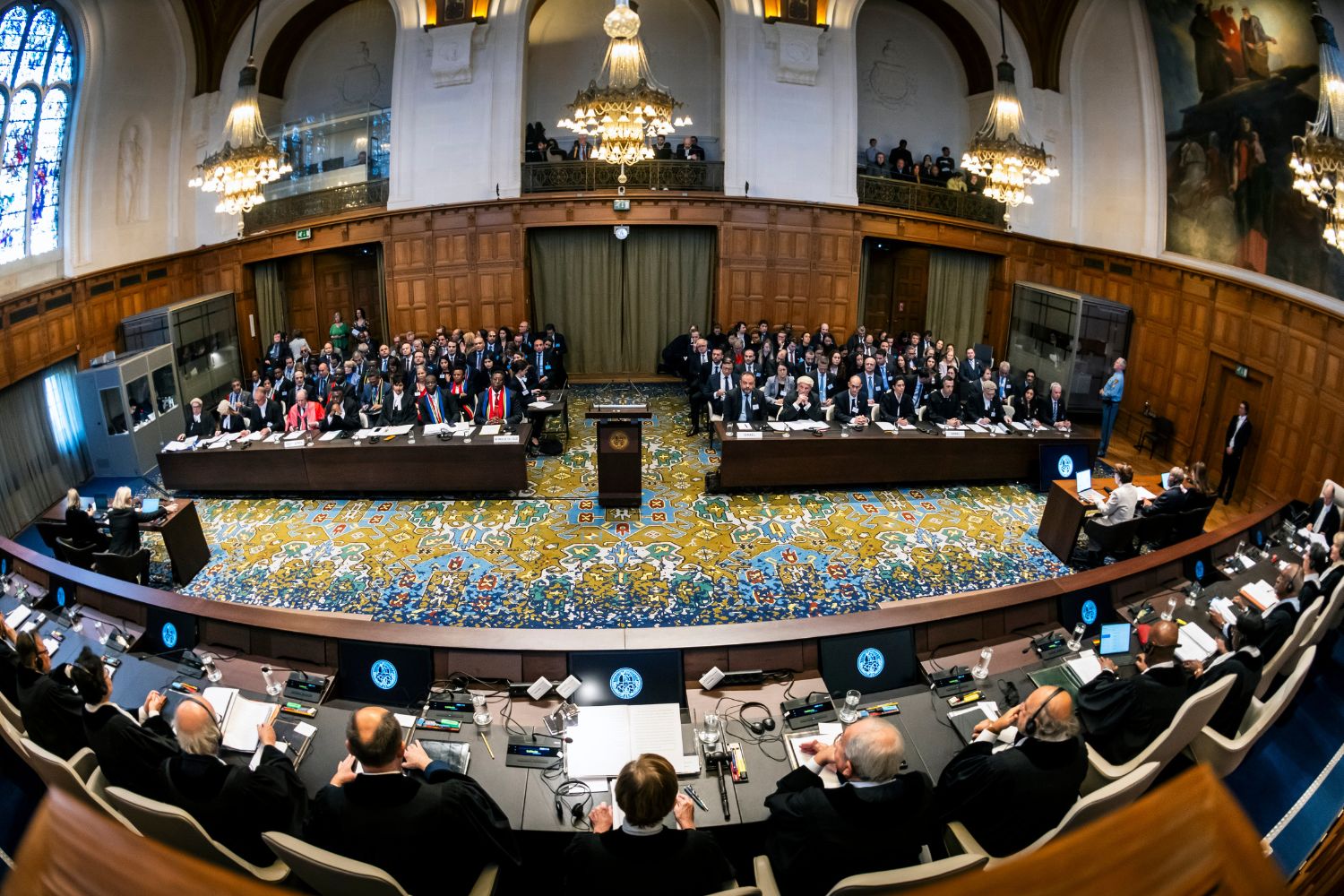NEW DELHI — The bustling capital of India is playing host to the influential 8th BRICS International Competition Conference (ICC) over the next three days.
The pivotal gathering discusses competition law and policy amidst swiftly transforming global markets.
WATCH LIVE: BRICS International Competition Conference Day 2
BRICS Competition Commission
Chairperson of the Competition Commission of India, Ravneet Kaur, emphasised in an op-ed published on CNBC that BRICS nations must explore fresh perspectives, challenges, and dimensions in competition law as global markets rapidly evolve.
The event is seen as a compelling platform to address substantial competition-related issues and forge collaborative ventures among the BRICS nations to ensure open, competitive, and innovative markets.
Initially conceived in 2009, the BRICS ICC has become a cornerstone for promoting cooperation and shared learning among Brazil, Russia, India, China, and South Africa competition authorities.
The conference series has traversed various nations since its inception, each time shedding light on distinct facets of competition policy and its development.
New issues in competition law and policy
This year’s theme, “New Issues in Competition Law and Policy – Dimensions. Perspectives. Challenges,” resonates deeply with the current global milieu, delving into new-age markets, global mergers, and climate change. It aims to dismantle these intricate issues through collective effort and ensure markets remain equitable, contestable, and conducive to persistent economic growth.
Kaur says under the Memorandum of Understanding between the BRICS competition authorities, working groups in multiple industries have profoundly understood markets and competition policy responses.
This conference will highlight the release and discussion of BRICS joint documents on the leniency programme and the Digital Economy report.
Moreover, the conference is set to explore issues like competition analysis in the digital economy and the role of market studies in identifying emerging competition challenges and merger control from a global viewpoint.
Sustainability and climate change, reflecting the worldwide pivot towards green policies and practices, will also take centre stage as the conference deliberates on the intersection of competition law and environmental sustainability.
While facilitating a platform for thorough discussions between heads and representatives of competition agencies from BRICS and other countries, the conference is also set to be a melting pot for competition law experts, multilateral institutions, and academic representatives to converse on globally impactful competition issues.
In a move that will underline their unified vision and cooperative spirit, the heads of BRICS competition authorities will sign a joint declaration as the conference concludes on Thursday.
The relevance of international cooperation is emphasised in light of the increasing cross-border dimensions of work, offering a stage to develop substantial collaborations and learnings amongst each other.
NOW READ: BRICS Technology: Hydrogen Fuel Cells, the engine of the future













